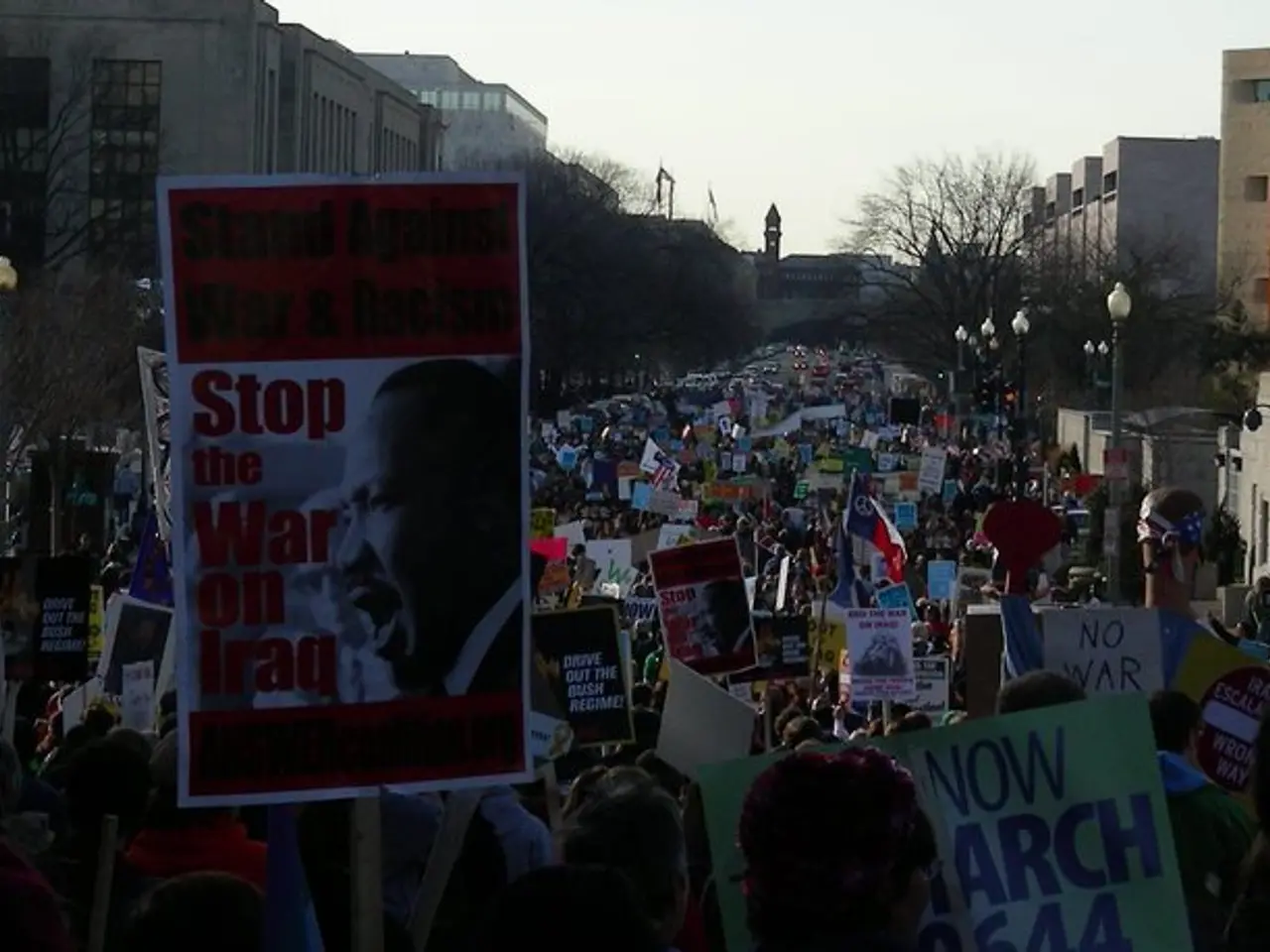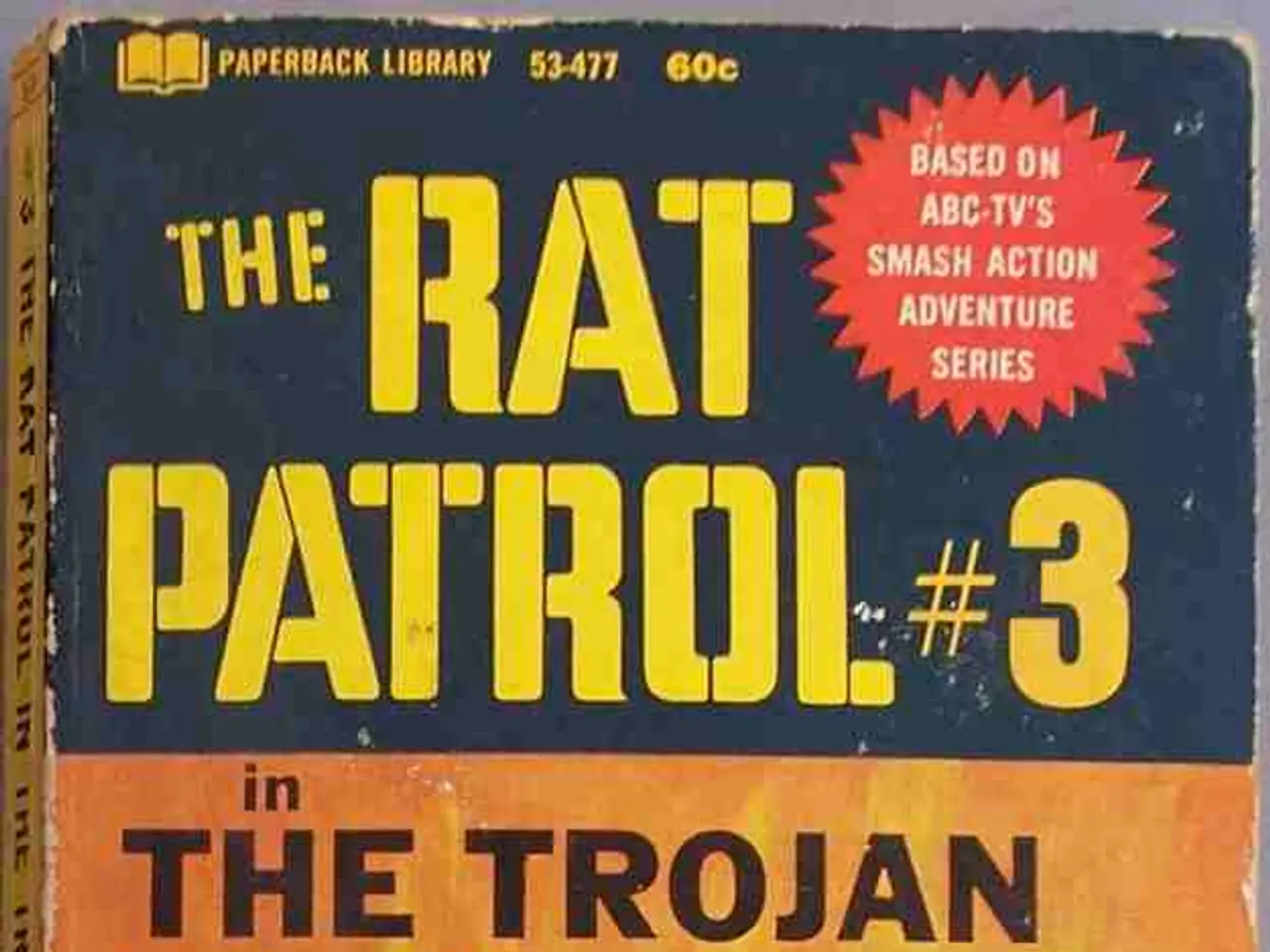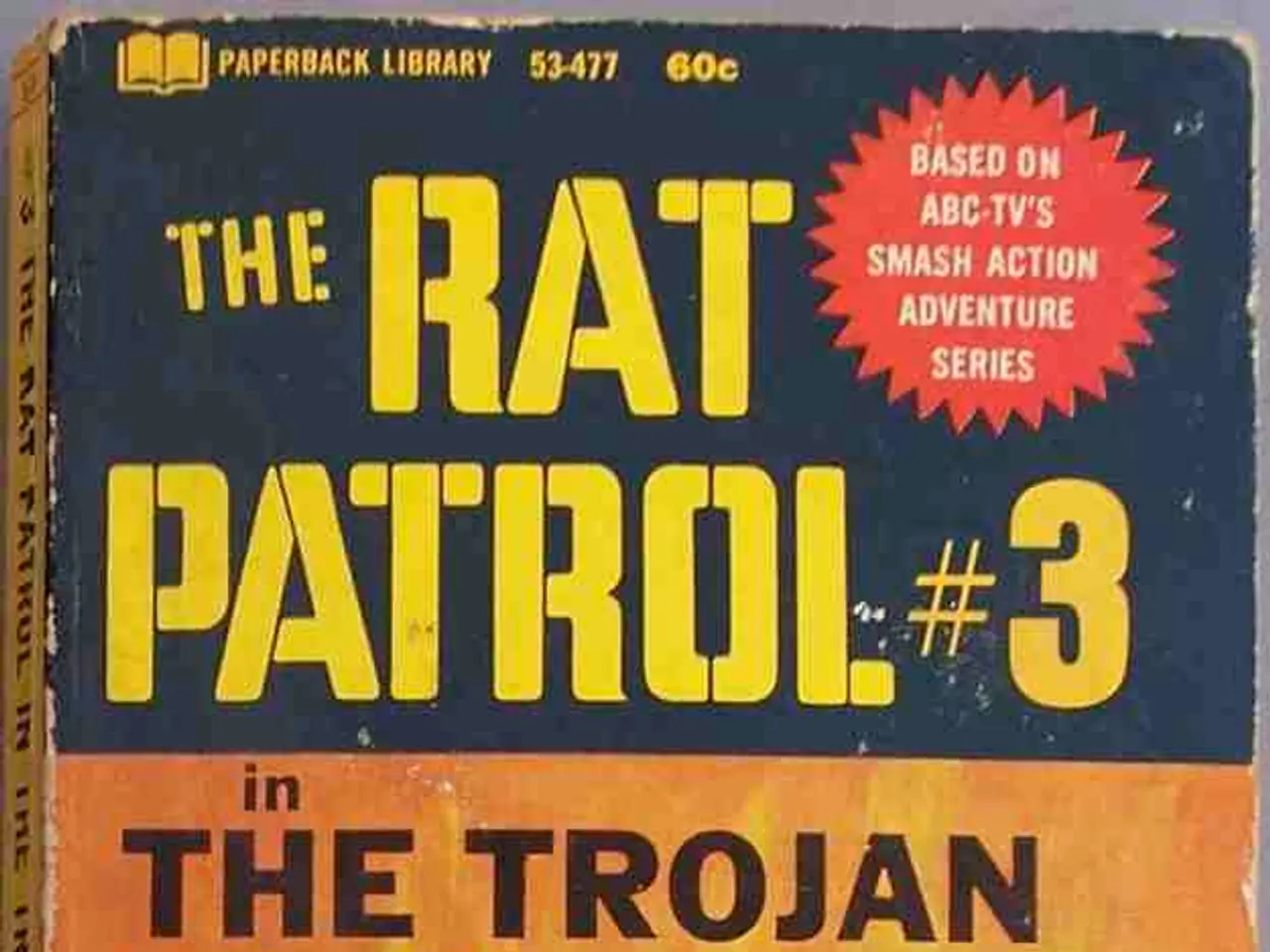A Standoff in Budapest: Pride defies Orban's Ban in 2025
Large Crowd Gathers in Budapest for Prohibited Pride March
In the heart of Budapest, thousands of people gathered, waving rainbow flags, at Deak Square, defying the police ban on the city's Pride parade. The bloody streets of Budapest's past served as a stark contrast to the vibrant sea of color as reported by "telex.hu". This year's Parade marching across the Danube bridge was nothing short of a battle cry for the rights of lesbian, gay, bisexual, transgender, and queer (LGBTQ) individuals.
This showdown was a clear sign of the power struggle between Hungary's right-wing populist Prime Minister, Viktor Orban, and Budapest's liberal leadership. The Orban government, with a stranglehold on the police force, outlawed the event, citing the recently amended assembly law that permits protests to be prohibited if they are perceived as contravening "child protection."
However, the liberal mayor of Budapest, Gergely Karacsony, declared the Pride event as a city function, rendering it immune to the assembly law and, consequently, beyond the reach of Orban's ban. The police are expected to file charges against as many participants as possible, potentially using facial recognition technology. Those accused could be slapped with hefty fines.
Despite the threats, organizers anticipate a record-breaking turnout of over 35,000 participants. A handful of 70 European parliamentarians, numerous diplomats, and the EU commissioner for equality, Hadja Lahbib, have also announced their participation.
This latest move by Orban's administration has come under intense scrutiny by international organizations, sparking significant concern for the mounting suppression of LGBTQ rights in Hungary.
A Political Landscape Shrouded in Controversy
- Viktor Orban's government, in a swift maneuver, criminalized promoting LGBTQ content to minors under 18, a clear attempt to quash Pride events[1][2].
- The new law, supported by amendments to existing laws and constitutional changes, intensified restrictions on LGBTQ expressions deemed likely to influence young people[1].
The Catch: Tough Penalties Await
- Participants identified by facial recognition technology could face fines up to 200,000 Hungarian forints, roughly equivalent to $586[1].
- Event organizers may face up to one year in prison.
- The police surveillance, augmented by the use of facial recognition, is a stark reminder of the risks attendees take for their cause[1].
In the midst of this political landscape shrouded in controversy, the Orban government's decision to criminalize promoting LGBTQ content to minors under 18 is viewed as an attempt to suppress Pride events, leading to a restrictive environment for LGBTQ expressions. Consequently, participants in the defiant Pride parade, expected to be over 35,000 strong, risk facing hefty fines of up to 200,000 Hungarian forints (approximately $586) if identified by facial recognition technology, and event organizers may even face prison sentences. The general-news community is following the developments closely, with concerns rising over the increasing closure of spaces for LGBTQ rights in Hungary.








